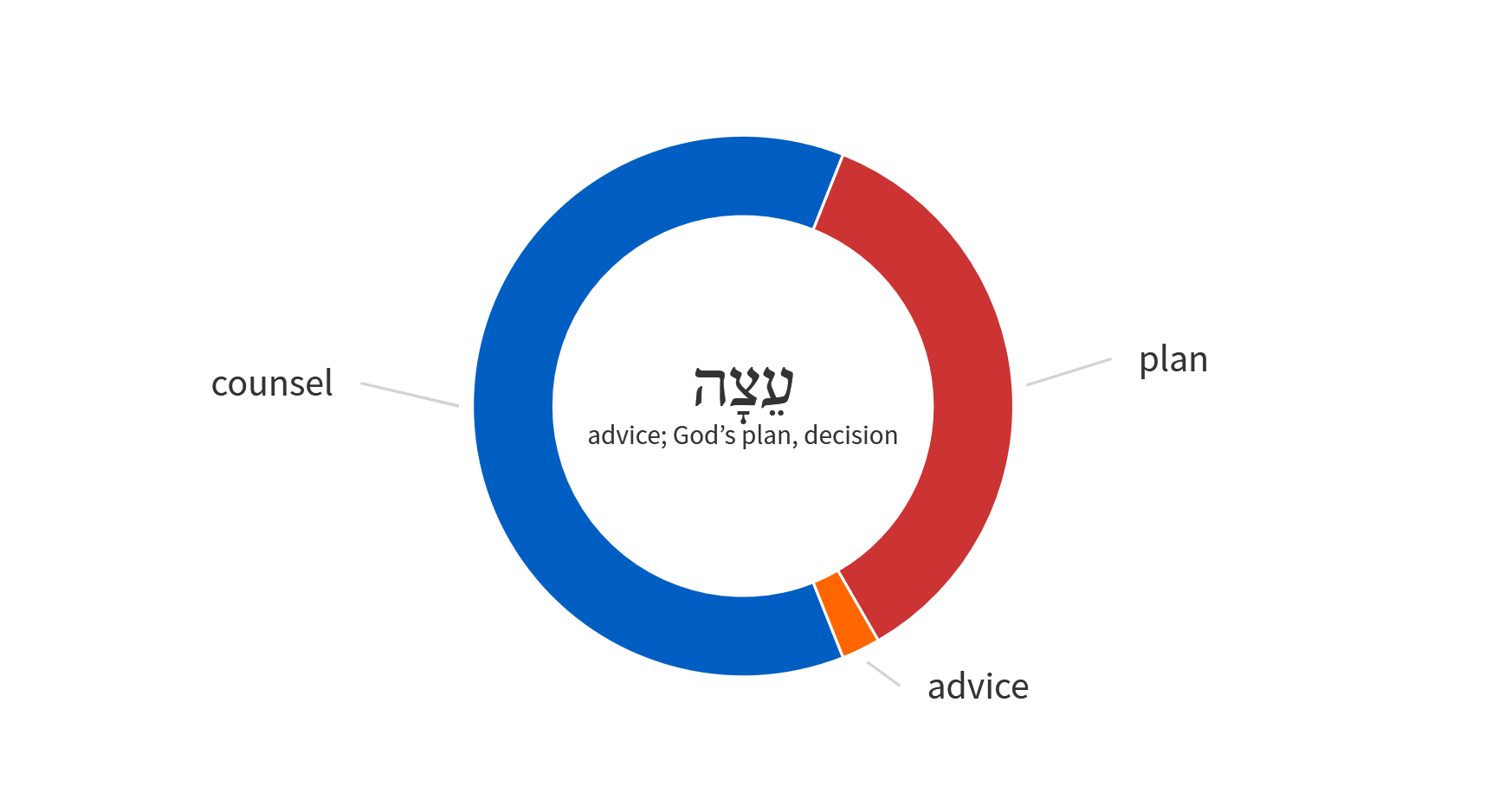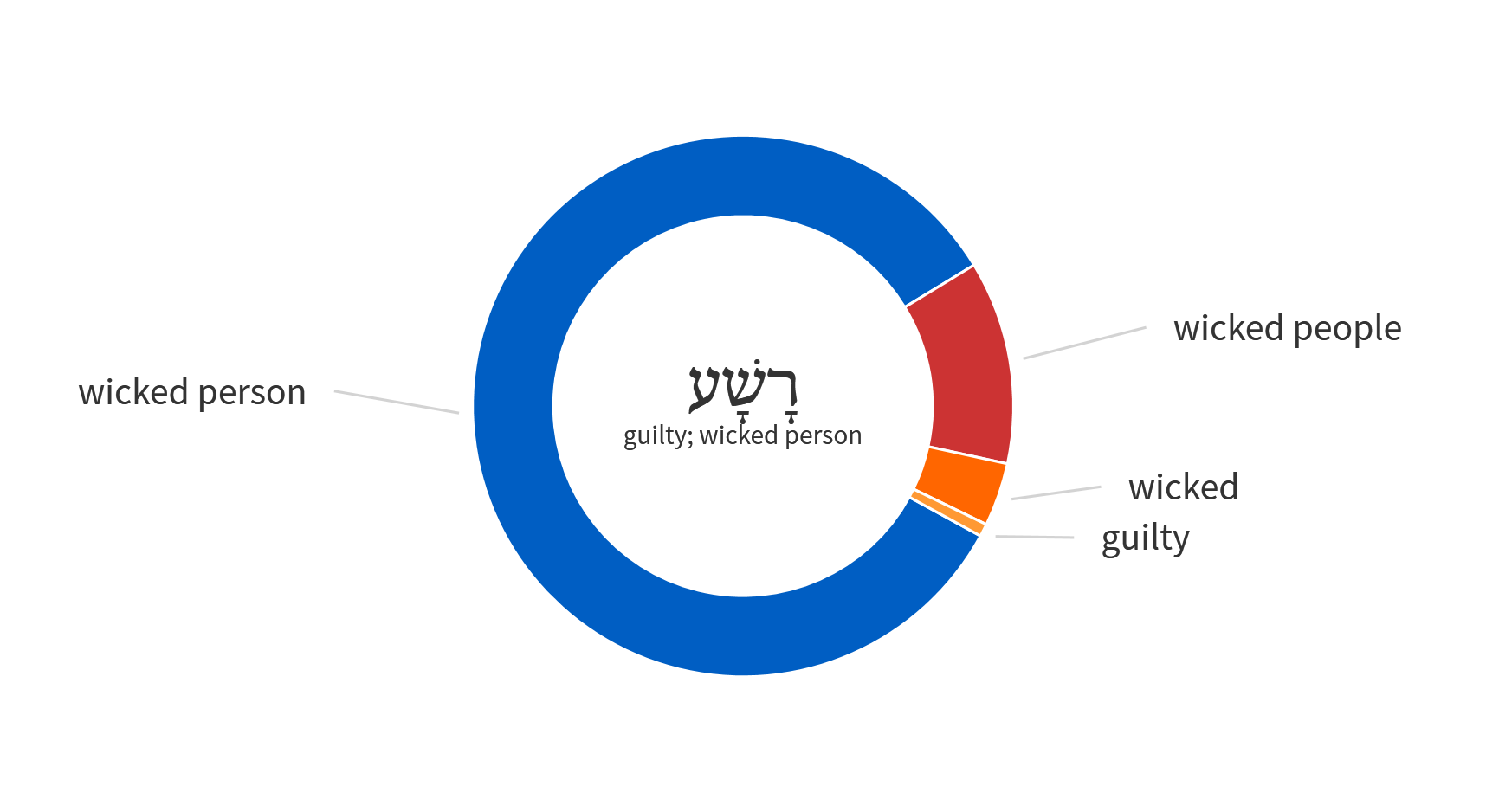The key meaning here is advice. The idea is the people (giving counsel) helping you make plans by giving you advice. Think of a counselor in school. This varies depending on the person. It could be a financial advisor. For a President it's his cabinet. Some professional athletes had financial advisors that left them broke. At the very lease you want advice from people who are honest with lawful advice. Ideally you want advice from people who seek God's will.
The senses of the word as used in the Masoretic Text:

As far as advice from the wicked, the most obvious is the advice of a criminal to be involved in his/her crime. Advice that contradicts God's will in the Bible is also advice from the wicked. Wicked advice does not necessarily ask you to do what is wrong. It may be advice that takes advantage of you to the benefit of the advisor. Thus, it is important that the adviser not be selfish and seeking their own gain.

BDB Lexicon
†עֵצָה ... n.f. counsel, advice ... political consultation ... design, purpose ...
--
Brown, F., Driver, S. R., & Briggs, C. A. (1977). Enhanced Brown-Driver-Briggs Hebrew and English Lexicon (p. 420). Oxford: Clarendon Press.
Hebrew Poetry
(4) Parallelism.—What is so called is a case of logical rhythm as distinguished from rhythm that is merely verbal. ...
(a) Kinds of parallelism: Lowth distinguished three principal species of parallelism, which he called synonymous, antithetic and synthetic.
(i) The synonymous: In this the same thing is repeated in different words, e.g. Ps 36:5:
...
(ii) Antithetic parallelism: in which the second member of a line (or verse) gives the obverse side of the same thought, e.g. Prov 10:1:...
(iii) Synthetic parallelism: called also constructive and epithetic. In this the second member adds something fresh to the first, or else explains it, e.g. Ps 19:8 f:...
(iv) Introverted parallelism (Jebb, Sacred Lit., 53): in which the hemistichs of the parallel members are chiastically arranged, as in the scheme ab ba. Thus Prov 23:15 f:...
(v) Palilogical parallelism: in which one or more words of the first member are repeated as an echo, or as the canon in music, in the second. Thus Nah 1:2:...
(vi) Climactic or comprehensive parallelism: In this the second line completes the first. Thus Ps 29:1:...
Davies, T. W. (1915). Poetry, Hebrew. In J. Orr, J. L. Nuelsen, E. Y. Mullins, & M. O. Evans (Eds.), The International Standard Bible Encyclopaedia (Vol. 1–5, p. 2411). Chicago: The Howard-Severance Company.
The Context
Verse 1 has synonymous parallelism, while verse 2 has antithetic parallelism to verse 1. This helps to interpret the first phrase. The parallelism does show progression from walking in the counsel to being a part of the counsel.
follow (הָלַךְ֮ walk) the counsel (בַּעֲצַ֪ת) = take (עָמָ֑ד stand) the path (וּבְדֶ֣רֶךְ path, journey) = join (יָשָֽׁב sit, dwell) the company (וּבְמֹושַׁ֥ב assembly)
Wicked (רְשָׁ֫עִ֥ים) = sinners (חַ֭טָּאִים) = insolent (לֵ֝צִ֗ים mockers) (all plural)
Verse 2 says the opposite is to learn from the Scriptures for advice, actions, and company.
Happy is the man who has not followed the counsel of the wicked,
or taken the path of sinners,
or joined the company of the insolent;
----------
rather, the teaching of the LORD is his delight,
and he studies that teaching day and night.
(Jewish Publication Society {JPS}, Psalm 1:1–2)
Example of Following Bad Counsel
6King Rehoboam took counsel with the elders who had served during the lifetime of his father Solomon. He said, “What answer do you counsel to give to this people?” 7They answered him, “If you will be good to these people and appease them and speak to them with kind words, they will be your servants always.” 8But he ignored the counsel that the elders gave him, and took counsel with the young men who had grown up with him and were serving him. 9“What,” he asked, “do you counsel that we reply to the people who said to me, ‘Lighten the yoke that your father laid on us’?” 10And the young men who had grown up with him answered, “Speak thus to the people who said to you, ‘Your father made our yoke heavy, now you make it lighter for us.’ Say to them, ‘My little finger is thicker than my father’s loins. 11My father imposed a heavy yoke on you, and I will add to your yoke; my father flogged you with whips, but I [will do so] with scorpions.’ ”
(2 Chron. 10:6–11, JPS)

